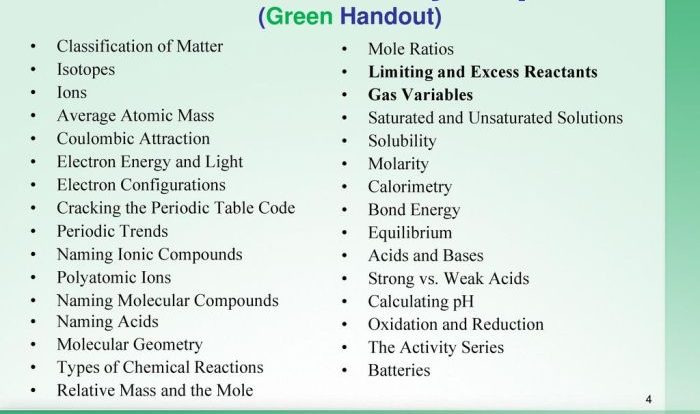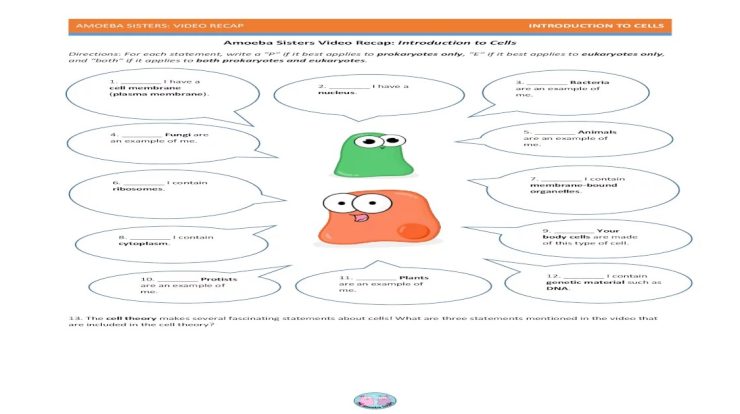The eukaryotic cell cycle and cancer in depth answers pdf – Unveiling the intricate relationship between the eukaryotic cell cycle and cancer, this comprehensive guide delves into the depths of cell cycle regulation, disruptions, and their profound implications in cancer development and treatment. Prepare to embark on an enlightening journey, where scientific precision meets therapeutic potential, offering a profound understanding of this critical biological process.
The Eukaryotic Cell Cycle: The Eukaryotic Cell Cycle And Cancer In Depth Answers Pdf
The eukaryotic cell cycle is a complex and tightly regulated process that ensures the accurate duplication and segregation of genetic material during cell division. It consists of four distinct phases: G1, S, G2, and M.
G1 Phase
The G1 phase, or first gap phase, is the longest phase of the cell cycle. During this phase, the cell grows and prepares for DNA replication. Key events include:
- Cell growth and synthesis of new proteins and organelles
- Accumulation of cyclin-dependent kinases (CDKs) and cyclins, which regulate the transition to the S phase
S Phase, The eukaryotic cell cycle and cancer in depth answers pdf
The S phase, or synthesis phase, is characterized by the replication of DNA. Key events include:
- Replication of the entire genome
- Activation of DNA polymerases and other replication factors
- Condensation of replicated DNA into sister chromatids
G2 Phase
The G2 phase, or second gap phase, is a period of preparation for mitosis. Key events include:
- Synthesis of additional proteins and organelles
- Accumulation of more CDKs and cyclins
- Checkpoint controls to ensure that DNA replication is complete and accurate
M Phase
The M phase, or mitosis phase, is the final phase of the cell cycle and involves the physical separation of the genetic material. Key events include:
- Condensation of chromosomes
- Formation of the mitotic spindle
- Alignment of chromosomes at the metaphase plate
- Separation of sister chromatids during anaphase
- Cytokinesis, or division of the cytoplasm
Cancer and the Cell Cycle
Disruptions in the cell cycle can lead to the development of cancer. Cancer cells exhibit uncontrolled cell growth and division, often due to mutations in genes that regulate the cell cycle.
Types of Cancer Caused by Cell Cycle Dysregulation
- Lung cancer
- Breast cancer
- Colon cancer
- Leukemia
- Lymphoma
Specific Genes and Proteins Involved in Cell Cycle Regulation and Cancer Development
Tumor protein p53 (TP53)
A tumor suppressor protein that arrests the cell cycle in response to DNA damage
Retinoblastoma protein (RB)
A tumor suppressor protein that inhibits cell cycle progression in the G1 phase
Cyclin-dependent kinases (CDKs)
A family of enzymes that drive the cell cycle forward
Cyclins
A family of proteins that regulate the activity of CDKs
Therapeutic Implications
Targeting the cell cycle is a promising strategy for cancer treatment. Several types of drugs have been developed to inhibit specific cell cycle proteins.
Types of Drugs Used to Target the Cell Cycle in Cancer Treatment
Checkpoint inhibitors
Block checkpoints that normally prevent cell cycle progression
CDK inhibitors
Inhibit the activity of cyclin-dependent kinases
DNA-damaging agents
Induce DNA damage, which triggers cell cycle arrest or apoptosis
Anti-mitotic drugs
Prevent the formation of the mitotic spindle, blocking cell division
Specific Drugs Used to Treat Cancer by Targeting the Cell Cycle
Imatinib
A tyrosine kinase inhibitor used to treat chronic myeloid leukemia
Palbociclib
A CDK4/6 inhibitor used to treat breast cancer
Docetaxel
A microtubule inhibitor used to treat a variety of cancers
Future Directions
Despite significant progress, understanding the cell cycle and cancer remains a challenge. Ongoing research is focused on:
- Identifying novel cell cycle regulators and their roles in cancer development
- Developing more effective and targeted therapies for cancer
- Exploring the potential of cell cycle modulation for cancer prevention
Cell cycle research holds great promise for advancing our understanding of cancer and developing new strategies for its treatment and prevention.
Question & Answer Hub
What are the key phases of the eukaryotic cell cycle?
The eukaryotic cell cycle comprises four distinct phases: G1, S, G2, and M (mitosis).
How do disruptions in the cell cycle contribute to cancer development?
Disruptions in cell cycle checkpoints and regulatory proteins can lead to uncontrolled cell growth and proliferation, ultimately contributing to cancer formation.
What are some examples of therapeutic implications of targeting the cell cycle in cancer treatment?
Targeting cell cycle checkpoints and specific proteins involved in cell cycle regulation offers promising therapeutic strategies for inhibiting cancer cell growth and proliferation.

